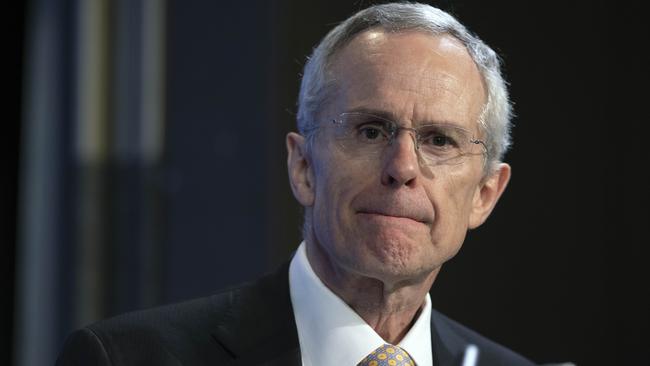Smaller Australian publishers sign deals with Facebook and Google
Australia’s competition regulator points to deals that smaller media organisations have already done with Facebook and Google.

Australia’s competition regulator says negotiations between Facebook, Google and smaller media companies was definitely part of the revised media bargaining code and some deals already had been signed.
Mr Sims, who heads the Australian Competition & Consumer Commission (ACCC), made the comment following some public concern that the revised Australian media bargaining code would apply to larger Australian media companies such as News Corporation, Nine Fairfax, Seven West Media and The Guardian, and smaller media bodies would be forgotten.
The media bargaining code has now passed both houses of parliament in Australia and Mr Sims said Facebook had already reached agreement with a range of small publications.
In an interview with The Australian, Mr Sims said Facebook had already signed deals with Schwartz Media, publisher of The Monthly, The Saturday Paper and Quarterly Essay, and South Australia’s Solstice Media, whose titles include The New Daily. It has signed up Private Media which publishes Crikey The Mandarin and Smart Company.
Facebook had reached an agreement with Seven West Media, however deals with other big media firms such as News Corporation and Nine Fairfax were not finalised.
“Some of these deals have taken weeks of intensive negotiation,” Mr Sims said. “I don‘t think there’s any desire by Google or Facebook not to do deals with the smaller players.”
Google too had begun dealing with smaller news providers. One of its agreements was with ACM, a large independent network of smaller publishers which included The Canberra Times, Newcastle Herald, The Examiner in Tasmania, The Border Mail, Illawarra Mercury, Queensland Country Life and Bendigo Advertiser.
Mr Sims said the ACCC would be watching how negotiations panned out. “We‘re certainly in contact with a lot of smaller players,” he told The Australian.
“We‘re in contact with Country Press Australia and they’re a really key player here, because they represent the vast bulk of the small proprietors and people who only perhaps own one newspaper in one town.
“There are quite a lot of members and I imagine they’ll be well engaged in this.”
Mr Sims said while the ACCC was the enforcer of the code, it had an interest in the code achieving its objectives.
He saw no reason why Google and Facebook wouldn’t do deals with smaller media outlets. He said it was hard to see why organisations such as Country Press Australia wouldn’t be included as they represented a huge number of papers across Australia.
“I‘m a bit surprised by the reaction of people who seem to be questioning that. We’re in the middle of a flurry of deals being done, and clearly that process has got a long way to play out.”
There are, however, news organisations that aren’t affiliated with any group but might qualify under the law for doing a deal with Google and Facebook, provided their revenue is at least $150,000.
Mr Sims said there had been a lot of discussion on how “unrelated players” could get together and bargain with Google and Facebook as a block.
“It’s always been envisaged under the code and under general competition law that companies can get together to collectively bargain just like dairy farmers do it with the local processor. So the smaller newspapers can do it.
“It‘s a pretty well established approach in Australia and I know everybody’s aware of it, and I know everybody’s talking, so there’s a discussion going on about how best to do it.
“To start to forecast who might or might nor be in is a bit premature.”
He said the unaffiliated media companies needed to show initiative to form their collective bargaining group, “on the other hand, we are in touch with them, they call in and talk with us and we check in with them, so it‘s been a pretty constant dialogue,” Mr Sims said.



To join the conversation, please log in. Don't have an account? Register
Join the conversation, you are commenting as Logout